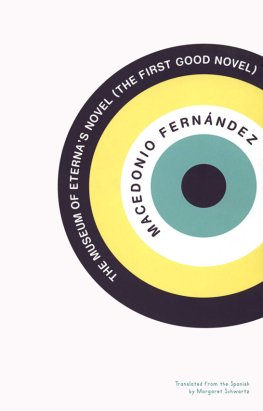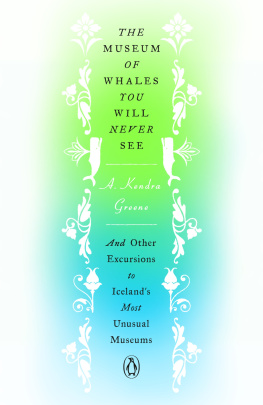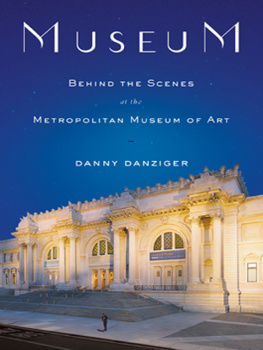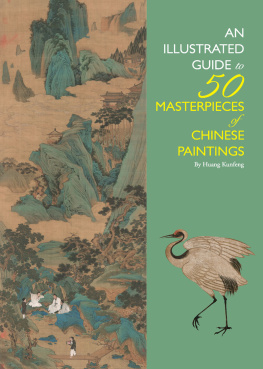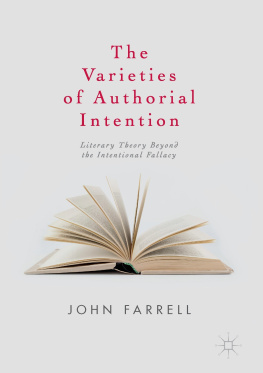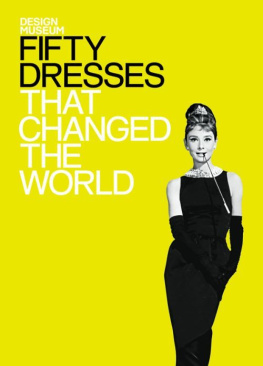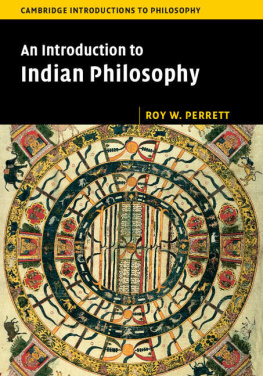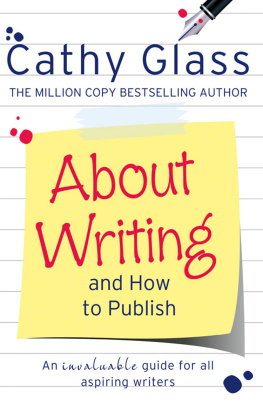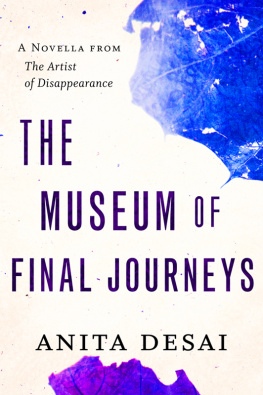Macedonio Fernndez
The Museum of Eterna's Novel
A PREFACE FOR MACEDONIO FERNNDEZ BY ADAM THIRLWELL
1.
The Museum of Eternas Novel, written but never published by Macedonio Fernndez, is a novel that is half made up of prologues.
These prologues can inspire contradictory conclusions. It is a novel which does not want to begin. Or, perhaps, it is really a novel which does not want to end. Then again, it is a novel which does not want to be a novel at all. It will not become its own future. And yet if a novel exists as its own museum, then the reader must in some way presume that it has once existed, in the past.
Here are some usual facts involving time. Macedonio Fernndez was born in 1874; he died in 1952. He began this novel around 1925, and worked on it in five drafts until he died. And this novel was a machine to prove that none of these facts had any sense at all.
Yes: Macedonio Fernndezs novel would like to refute the ordinary ideas of time. And this is complicated. This is an invention whose conclusions have not yet all been noted.
2.
In Argentina, in the early part of the twentieth century, experiments were made with fictional reality. It is Macedonio Fernndezs friend and protg, Jorge Luis Borges, whose investigations are most famous. But it doesnt really matter about the provenance of the investigations. The consequences are more important; and the consequences are still unstably active. And I think of two moments where more recent Argentine novelists, writing on Borges, have tried to define this new relationship to reality. In his book The Borges Factor, Alan Pauls comments that for Borges to lose is not a fatality but a construction, an artefact, a work.. It forms, in fact, writes Pauls, the basis of his style. And Pauls goes on to relate this sensation to Borgess technique of inventing his works as immediate and imaginary classics: to put in practice in the interior of his work the mechanisms of a process (access to the category of a classic) which are traditionally exterior to the work. . This is one way of approaching the new relation to reality. While in his essay The Last Reader, Ricardo Piglia writes that Borgess greatest lesson is perhaps the certainty that fiction doesnt only depend on the person who constructs it but also on the person who reads it. And he adds: What is particular to Borges (if such a thing exists), is the capacity to read everything like a fiction and believe in its power. Fiction as a theory of reading.
3.
Late in his novel, Macedonio Fernndez interrupts with a dialogue between Reader and Author. And the Author laments: Reader, sometimes your presence is requested in my pages and you are absent: your face comes close, and mirrors the dreaming in these pages, and you are absent. What bothers me is the reader: youre my problem, your existence is invincible; the rest is just a pretext to keep you within earshot of these proceedings. Macedonio Fernndez was the first novelist for whom the problem of writing was so explicitly the problem of the reader. This is the basis of his discoveries. He developed techniques to dissolve the readers invincible existence as a continuous entity. The aim of Macedonio Fernndezs novels is to convert all reality into fiction (or the other way round): and the only way of doing this is if the reader is converted into fiction first. Its very subtle and patient work, getting quit of the self, disrupting interiors and identities. In all my writing Ive only achieved eight or ten minutes in which two or three lines disrupted the stability, the unity of someone, even at times, I believe, disrupting the self-sameness of the reader. Nevertheless, I still believe that Literature does not exist, because it hasnt dedicated itself solely to this Effect of disidentification, the only thing that would justify its existence This technique of disruption has a precise aim: the real conclusion is immortality: If in each of my books I have two or three times achieved an instant of what I will call in homespun terms a suffocation, an upset in the certitude of personal continuity, a slippage of the readers own self, then thats all I wanted as a means; the end towards which Im working is liberation from the idea of death: evanescence, mutability, rotation, and spinning of the self make it immortal, which is to say, release its destiny from the body.
This is the grandest aim of Macedonios fiction. In fact, it is only through fiction that such an aim, he believed, could be realised. He just wants, he says of the reader, to win him over as a character, so that for an instant he believes that he himself does not live. And this is only possible through the elastic techniques of novel-writing only the novel has this ontological power: It seems to me that there isnt any one else who has used this method, or that it would be applicable to any other genre but the novel.
4.
It is possible, however, to look at this another way. The pressure under which this novel is written is the infinite, the eternal. This novel is not content to be separate from eternity; it wants to feel the breeze of the eternal on its face A novel written from the perspective of infinity will contain some unusual premises: everything is repetition (A Romanian woman once sang me a phrase of folk music and I have since found it tens of times in different works from different composers of the past four hundred years. Indubitably: things do not begin; or they dont begin when they are created. Or the world was created old); which means there is no such thing as death; which means there is no such thing as the self; and so it is impossible to distinguish between different levels of realitytheyre all real; any image in a mind is reality, and lives
But the eternal, of course, is not quite true. The infinite is an invention. And Macedonio knows this too. With the metaphysical, he is trying to console himself. He is intent on the construction of an interior world so strong that no Reality can have the power of sadness or impossibility or limitation for him that it has over someone who hasnt managed to construct thought-fascinations to accompany him always.
Macedonios formal play with the idea of the novel has a void, a melancholy, which is its movement. Because what is the eternal a compensation for? What is the pressure which leads to the invention of the eternal? The answer, dear mortal reader, is obvious.
The only things that cant die are the things that havent begun. This is true of novels; and it is true of humans, too. And because this is true, there is a related hurt. Love, being an attachment to a mortal animal, is an irrational pleasure. It can only lead to pain. Transience invalidates all happiness: suicide occurs in the moment of pleasure. And yet we carry on living, and loving.
Against this, Macedonio performs this manic, grief-stricken experiment with fiction: because if he can turn the reader into a fiction, if he can deny that anything really lives and dies, then he can save love as a meaningful emotion.
The real subjects of this lightly playful novel are the grave ones of death and love.
In one of the prologues to the novel, The Essential Fantasmagoricalism of the World, Fernndez writes: You believe that death awaits us, a termination of our persons and our love, and I dont believe that totalove can flourish in beings who believe that they are fleeting. This is the novels sad centre. Just as the President doesnt believe in Death, but he cant love what he believes to be mortal, or what he does not know to be immortal And so using the game of fiction, Macedonio Fernndez tries to invent a place of non-existence, where death no longer has meaning:
In the construction of my novel, my fervent hope was to make of the novel a home for non-existence, for the non-existence necessary to The Lover, the Gentleman Who Doesnt Exist, to effect his very real hope, by putting him in some region or locale worthy of the subtlety of his being. His exquisite aspiration is to have a place somewhere in my novel while he waits for his love to return from the other side of death

